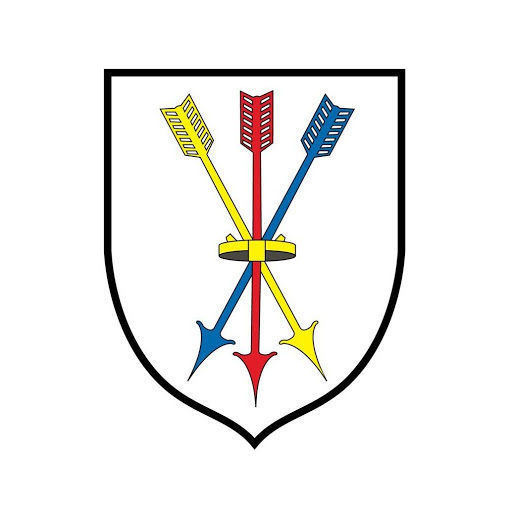At Purbrook Junior School, we believe that assessment is a continuous process which is integral to teaching and learning.
We use three broad overarching forms of assessment: day-to-day in-school formative assessment, in-school summative assessment and nationally standardised summative assessment.
In-school formative assessment
Effective in-school formative assessment is the day-to-day assessment carried out by teachers and is key to effective classroom practice. Teachers identify how pupils are performing on a continuing basis and use this information to provide appropriate support or extension, evaluate teaching and plan future lessons. It is used to inform teaching and learning and to identify pupils’ gaps and misconceptions. Learning can then be tailored to meet the needs of each child, no matter what their attainment. Pupils can measure their knowledge and understanding against learning questions, and identify areas in which they need to improve.
Examples of in-school formative assessments include:
- Rich questioning
- Written and verbal feedback of children’s work (in line with our school feedback policy)
- Observations of the children and their learning
- Pupil self-assessments
- Peer marking
- Pupil conferencing*
- Low stakes/high impact quizzes
In-school summative assessment
Pupils at Purbrook Junior School are assessed periodically and progress and attainment data is recorded on our data management assessment systems. Teacher summative assessments in reading, writing and maths are completed three times a year at the end of the Autumn term, Spring term and Summer term.
Our approach is objective based and tracks children’s understanding of the objectives based on the curriculum. This assessment enables teachers to build on prior knowledge and identify any gaps in learning.
Test materials in English and Maths are used to support teacher assessments and provide pupils the opportunity to demonstrate their ability in test conditions.
Examples of in-school summative assessment include:
- Termly NTS assessments
- Weekly spelling tests generated by Spelling Shed
- Spelling age assessment
- Reading and comprehension age assessments
- Key objective tracking sheets
- Test materials are used at the end of units or the academic year to support teachers with making accurate teacher assessment judgements.
- Short end of topic or unit assessment tests or tasks
- Reviews of progress against individual targets for pupils with SEND
Nationally standardised summative assessment
Nationally standardised summative assessments include:
- Year 4 Multiplication Check – completed in the Summer term
- National Curriculum tests and teacher assessments at the end of Key Stage 2 (Year 6)
Reporting to parents/carers
Parents are given the opportunity to meet with teachers whenever the need arises. Parents’ Evenings are held twice a year in the Autumn and Spring terms. After end of year reports have been distributed, parents and carers are invited to provide feedback on the contents of the report and are warmly welcomed to discuss its contents. Annual reports to parents include:
- Brief details of achievements in all subjects and activities forming part of the school curriculum, highlighting strengths and areas for development
- Comments on general progress
- Arrangements for discussing the report with the pupil’s teacher
- The pupil’s attendance record, which will include the total number of possible attendances for that child and the total number of unauthorised absences for that child, expressed as a percentage of the possible attendances.
- The results of national statutory assessments
You can find the school’s marking and feedback policy below:
*Pupil conferencing – one-to-one allocated time to discuss learning that has taken place and for support to be given.

